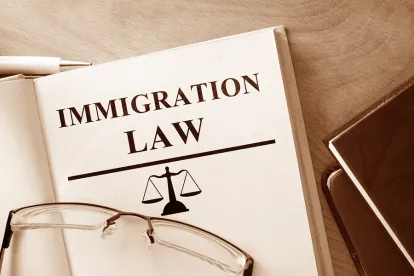For years now employers have been confronted with severe limitations on visa numbers for new H-1B petitions. Historically, USCIS receives more than enough petitions to reach the congressionally mandated H-1B cap. Therefore, it uses a computer-generated random selection process to select the petitions that are counted towards the number of petitions projected as needed to reach the cap. After employers file the cap-subject H-1B petition, they have to anxiously wait to find out whether their petition was picked for a visa number in the lottery that USCIS conducts.
The process of submitting new cap-subject H-1B petitions may change in April, 2019. According to the notice of proposed rulemaking issued by Department of Homeland Security (DHS) on November 30, 2018, instead of submitting fully prepared petitions, employers would be required to first electronically register for a visa number during a designated registration period. Only after their visa number is selected in the lottery, employers would be able to submit their H-1B petition.
DHS also proposes to change the process by which USCIS counts H-1B registrations which would likely increase the number of selected H-1B beneficiaries with a master’s degree or higher from a U.S. institution of higher education (estimated increase of up to 16 percent or 5,340 workers).
The proposed rule also limits the filing of H-1B cap-subject petitions to the beneficiary named on the original selected registration, which would protect the integrity of this registration system.
USCIS expects that shifting to electronic registration would reduce overall costs for petitioners and would create a more efficient and cost-effective H-1B cap petition process for USCIS. It is unclear how registrations for unsupportable H-1B specialty occupation petitions may affect the system and whether additional visa numbers may become available if the rejection rate is not properly assessed when the lottery is run.
On April 18, 2017, President Trump issued the Buy American and Hire American Executive Order, instructing DHS to “propose new rules and issue new guidance, to supersede or revise previous rules and guidance if appropriate, to protect the interests of U.S. workers in the administration of our immigration system.” The Executive Order specifically mentioned the H-1B program and directed DHS and other agencies to “suggest reforms to help ensure that H-1B visas are awarded to the most-skilled or highest-paid petition beneficiaries.”




 />i
/>i

